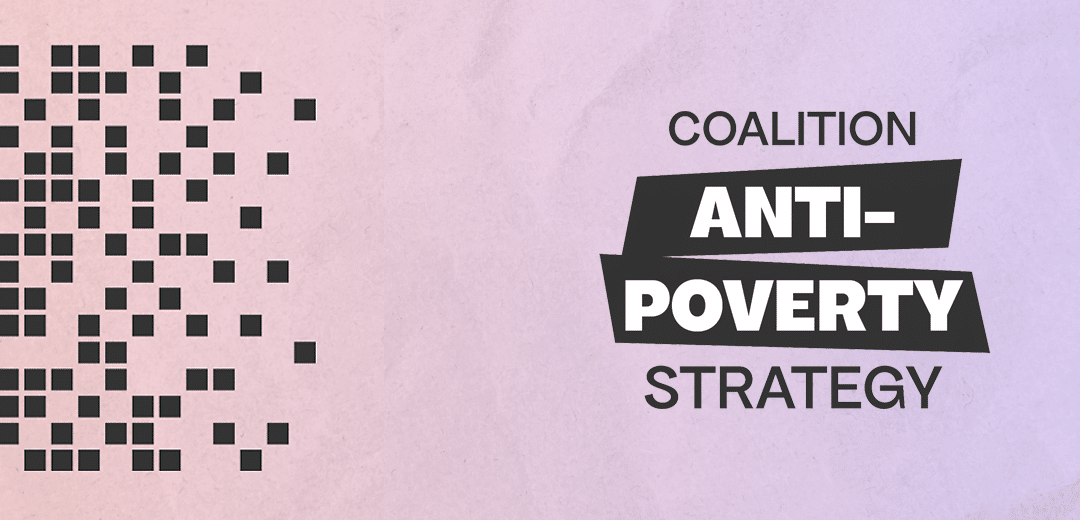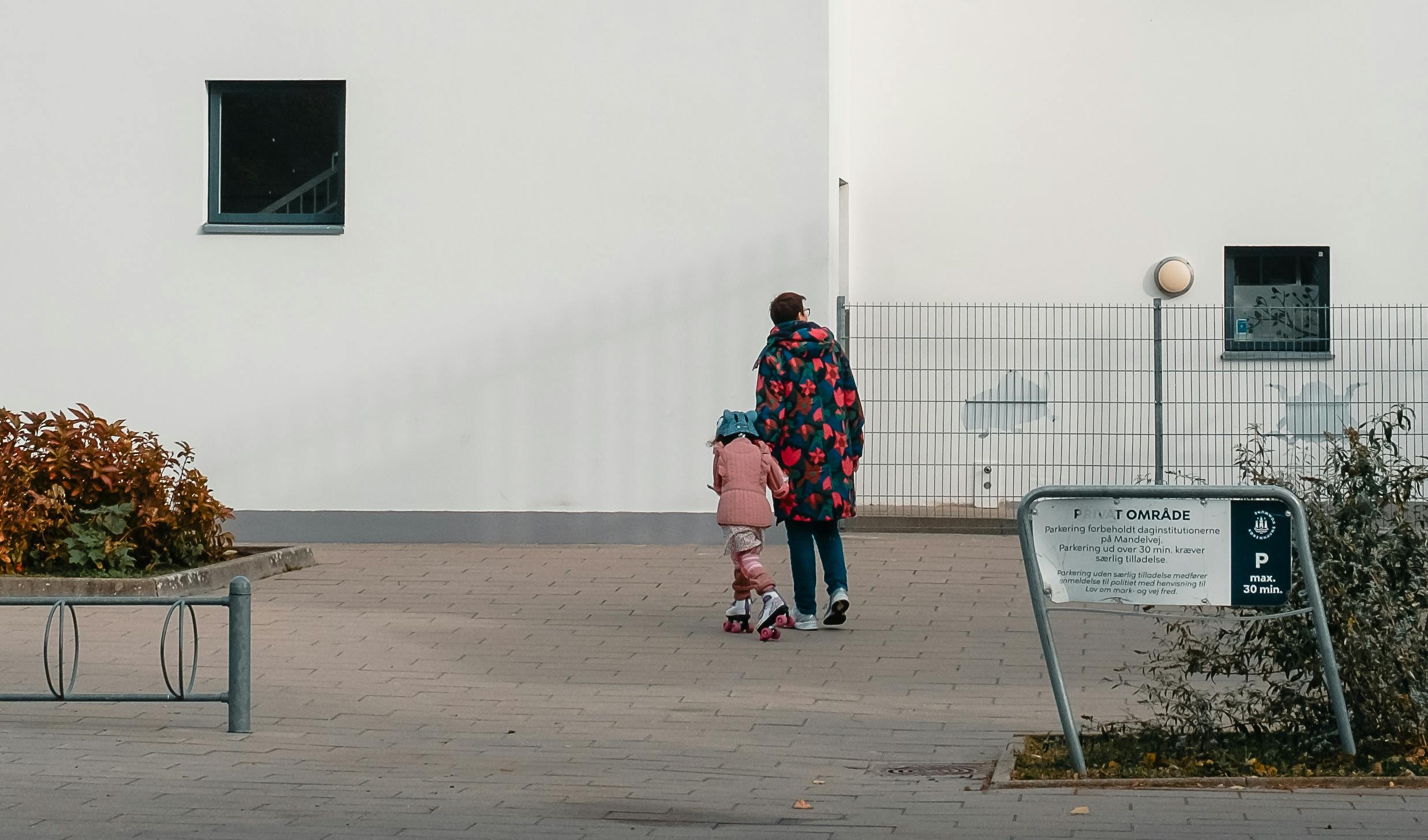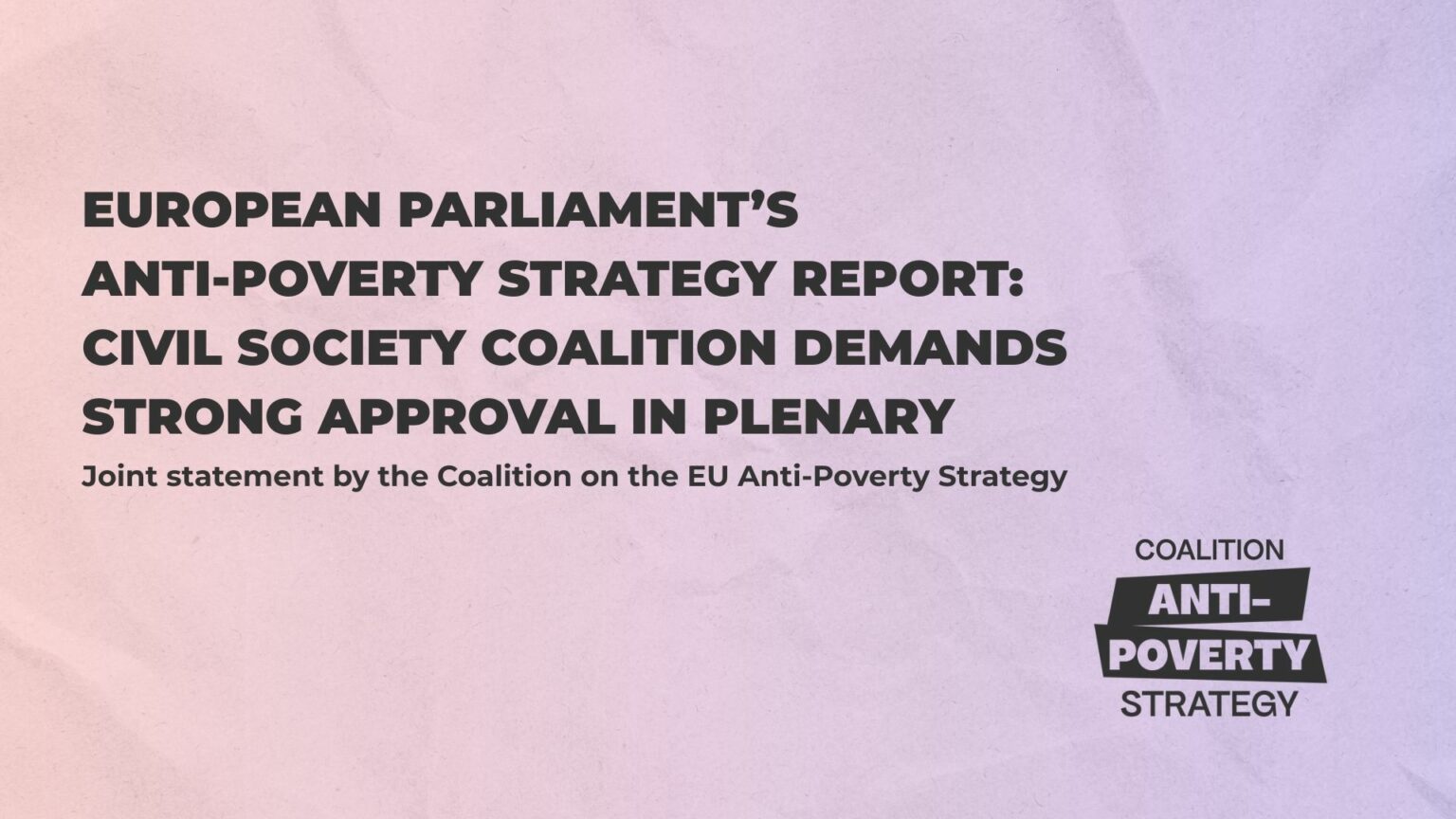Eurochild joins conversations on breaking the cycle of intergenerational poverty in Europe
Eurochild EU Advocacy Officer, Francesca Pisanu, recently joined an event focused on finding solutions to intergenerational poverty in Finland and Europe. The event was organised by Itla (Equal Wellbeing for Children and Families), in collaboration with the University of Tampere, the Mannerheim League for Child Welfare, UNICEF Finland, and Save the Children Finland.
Key mechanisms behind intergenerational poverty
The Understanding the Intergenerational Transmission of Poverty report was presented by researchers Abigail McKnight and Irene Bucelli from the London School of Economics. Their study delves into the underlying mechanisms that perpetuate poverty across generations, drawing evidence from high-income OECD countries, with a particular focus on Finland.
- Family Investment Model: This model emphasises the importance of parental investments in both time and financial resources. Families with higher wealth can provide better education, housing, and extracurricular opportunities, which help children achieve greater economic stability in adulthood.
- Family Stress Model: Economic hardship can create stress within a family, negatively affecting parenting and children’s emotional well-being. This, in turn, may impact children's development and increase their risk of poverty later in life.
- Socio-Cultural Models: These models examine how values, attitudes, and behaviors related to poverty are passed down through generations. The idea of a "culture of poverty" has been scrutinised, with weak evidence supporting it. However, "aspiration traps," where low expectations due to poverty limit future opportunities, are a more significant concern.
- Correlated Disadvantages Model: Multiple disadvantages, such as poor health, low education, and inadequate housing, tend to reinforce each other, making it more difficult for individuals to escape poverty.
- Genetic and Biological Models: While there is limited evidence to support the idea that poverty is inherited through genetic differences, emerging research suggests that environmental factors may influence biological and epigenetic changes that contribute to poverty.
Eurochild's participation in the panel on solutions to intergenerational poverty in Europe
Francesca Pisanu, Eurochild’s EU Advocacy Officer, joined a panel to discuss solutions to intergenerational poverty in Europe. The event featured Aoife Nolan, Chair of the European Committee of Social Rights at the Council of Europe; Krzysztof Stefan Iszkowski, Team Leader of the European Child Guarantee; and Gwyther Rees, Research Manager of Health and Well-being at UNICEF Innocenti.
Francesca highlighted that poverty not only limits choice and opportunity but also acts as a barrier to realising children's full potential. Thus, there is a need to address key mechanisms that perpetuate intergenerational poverty, particularly through the Family Strengthening and Family Investment Models, along with tackling Correlated Disadvantages. These approaches offer significant opportunities to develop interventions that can break the cycle of poverty.
High-quality, inclusive education was also pointed out as one of the most powerful tools to help disadvantaged children rise out of poverty and fully participate in their communities. Francesca also provided key examples from the biennial reports of the European Child Guarantee, underscoring the importance of ongoing monitoring and strengthening coordination across authorities. Children’s well-being is central to both economic prosperity and democratic development, leading to intergenerational benefits for society as a whole.
Even in countries with relatively low poverty rates, such as Finland, where the rate of child poverty is 13,8%, the risk of intergenerational poverty persists, highlighting the need for comprehensive solutions across Europe. By focusing on root causes and structural barriers, Eurochild advocates for comprehensive reforms of the social systems to ensure children’s rights are upheld. At Eurochild, we welcome this event and the report Understanding the Intergenerational Transmission of Poverty, and we are always eager to engage in discussions on issues central to our mission, such as tackling social exclusion and child poverty.
For more information, please contact Francesca Pisanu, Eurochild’s Advocacy Officer





